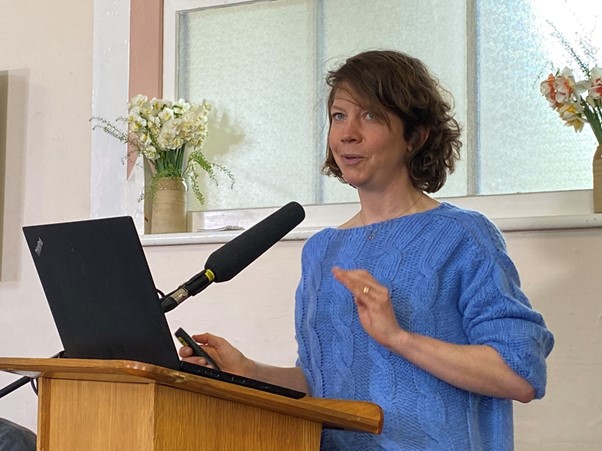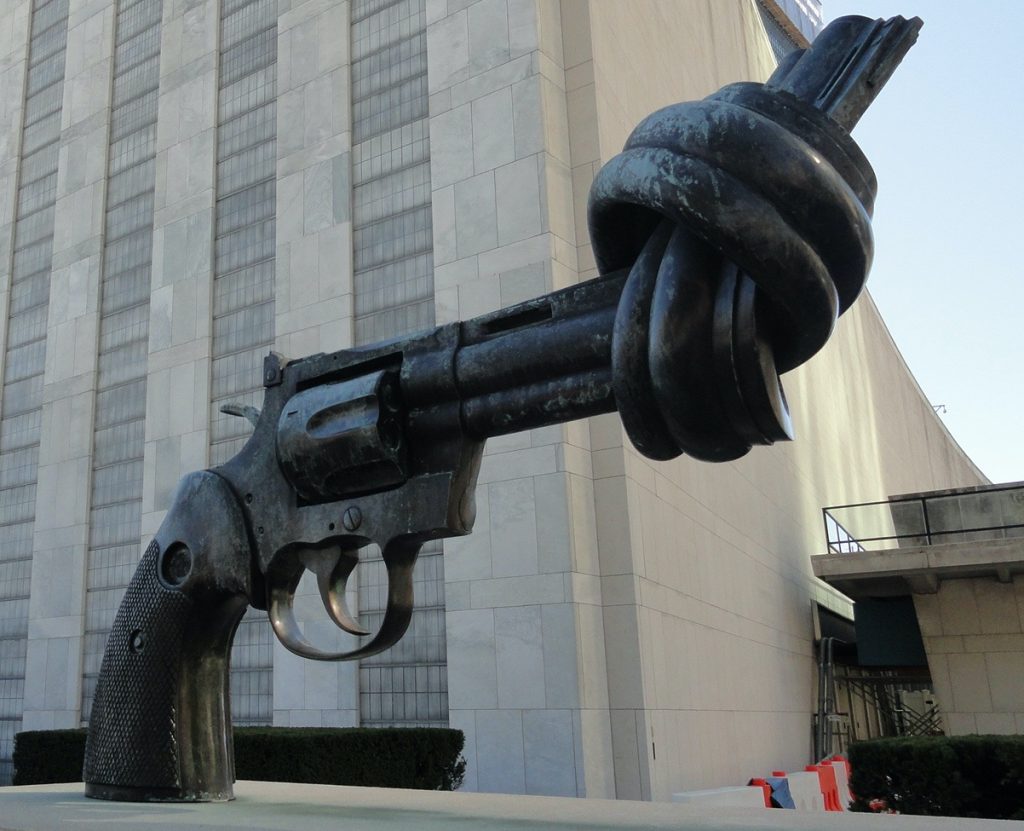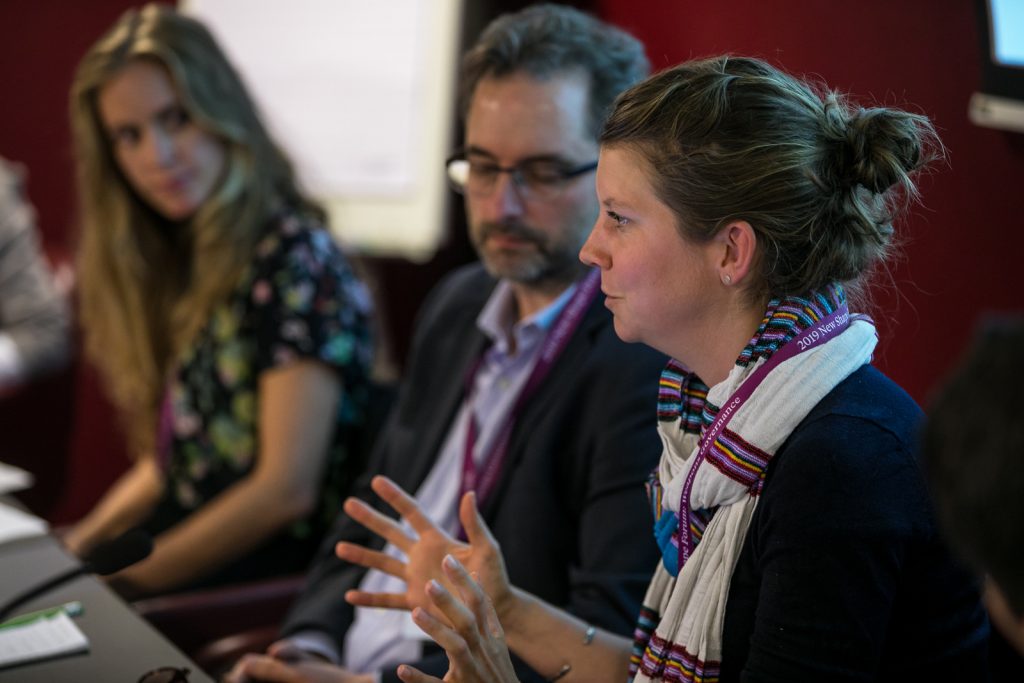Areas of work: Disarmament and Arms Control

Booklet: Arms control, human rights, and corporate responsibility towards just, peaceful, and inclusive societies
QUNO Geneva's Peace & Disarmament program works on highlighting the arms-related risks to human rights and tackling the challenges in...
Read More
![Image[4]](https://quno-dev.globalsolidarity.foundation/wp-content/uploads/2023/07/Image4-1024x768.jpeg)
Young people gather for QUNO’s Summer School in Geneva
QUNO Geneva’s annual Quaker UN Summer School (QUNSS) hosted 23 participants from various countries recently, connecting them to the United...
Read More

Ireland Yearly Meeting 2023 – QUNO Geneva speaks on ‘Preparing for Peace: How can we prepare for peace?’
Florence Foster, Representative for Peace & Disarmament at QUNO Geneva, had the pleasure of joining Irish Friends in Tallaght for...
Read More

QUNO highlights the importance of the arms sector when discussing responsible business conduct
During the 11th UN Forum on Business and Human Rights | OHCHR, QUNO Geneva partnered with American Bar Association Center...
Read More

QUNO Geneva’s Peace and Disarmament programme engagement at Human Rights Council
At the 51st session of the Human Rights Council – which has come to a close – the Peace and...
Read More

Event – ‘Small Arms Exports, Leadership and Accountability: A Human Rights Perspective’ at the CCADD
Florence Foster, Representative for Peace & Disarmament at QUNO Geneva, had the pleasure of speaking to the Council on Christian Approaches...
Read More

How the Human Rights pillar is contributing to Arms Control
QUNO recently co-organized a discussion on “How the Human Rights pillar is contributing to Arms Control” as part of the...
Read More

Disarmament and Development: One Coin, Two Sides? A Briefing for Friends
This Briefing presents QUNO's work relating to demand for small arms, and how this led to the creation of the...
Read More

Disarmament and Development: One Coin, Two Sides? A briefing for Friends
This background paper aims to give Friends an overview of the “Geneva Declaration” process, and of QUNO’s involvement in it....
Read More
